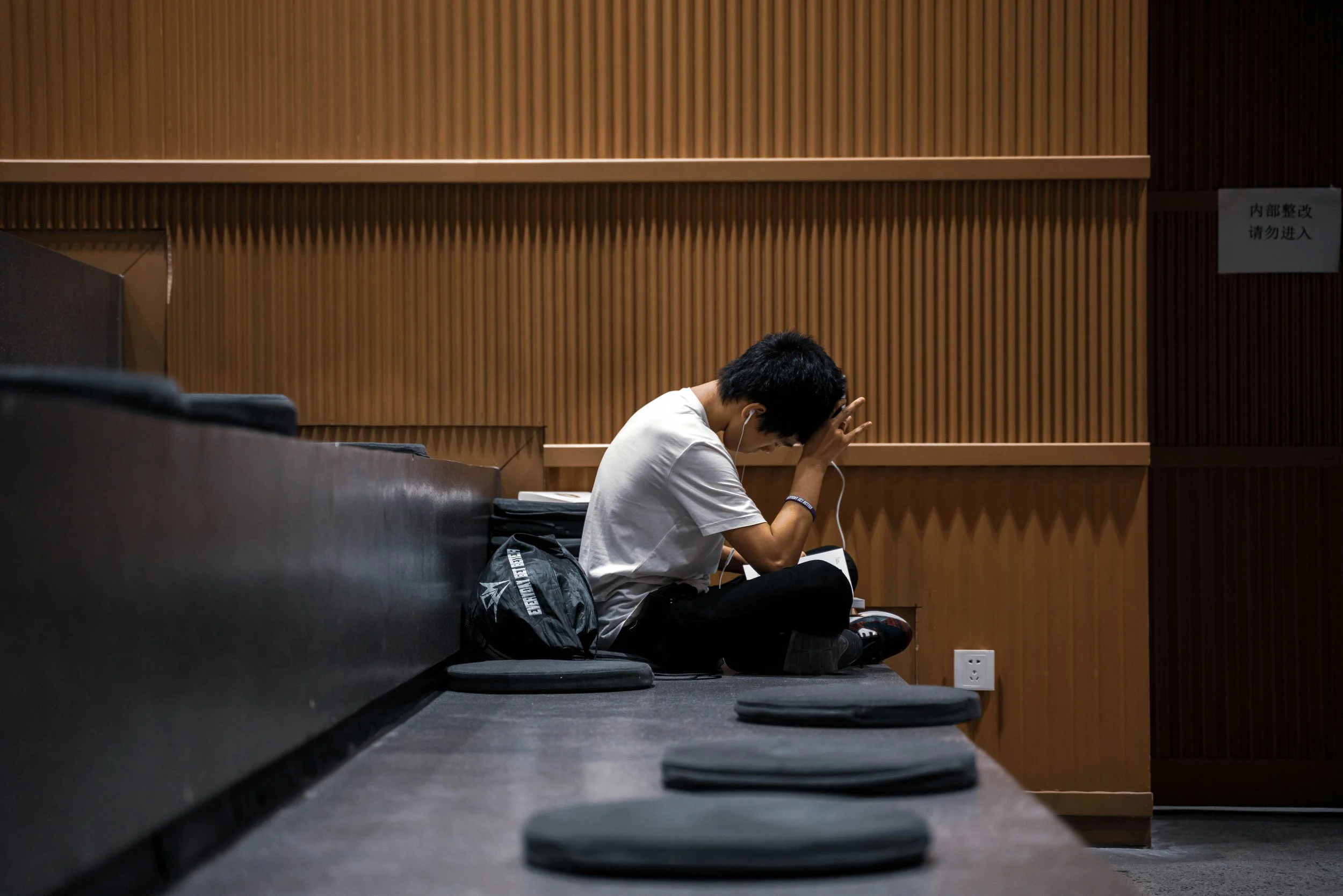Signs Your College Student Might Need Therapy
Navigating college life is an exciting but often challenging experience for many students. At the North Jersey Center for Cognitive Behavioral Therapy, we understand that college students face unique stressors—from academic pressure to social adjustments—that can affect their mental health. Knowing signs your college student might need therapy can help you support them effectively and encourage them to seek the help they deserve.
If you or your college student are seeking additional services, give NJCCBT a call at 201-669-1369 x1 today.
Why Therapy for College Students Is Important
College is a critical period for emotional and psychological development. Many students struggle with anxiety, depression, or other mental health challenges but may not recognize when these issues require professional attention. Therapy can provide coping strategies, improve resilience, and foster overall well-being during this transformative time.
Common Signs Your College Student Might Need Therapy
Recognizing when a college student might need therapy is essential for early intervention. Here are some essential signs and symptoms to watch out for.
1. Persistent Feelings of Sadness or Depression
If your child frequently appears sad, withdrawn, or hopeless for weeks on end, it could indicate depression. They may lose interest in activities they once enjoyed or express feelings of worthlessness. These are key warning signs college students need therapy.
2. Anxiety That Interferes with Daily Life
Many students experience stress, but when anxiety becomes overwhelming and impacts class attendance, social involvement, or sleep, it may be time to seek help. Symptoms like panic attacks, excessive worry, or physical symptoms such as headaches and stomachaches are indicators.
3. Sudden Changes in Mood or Behavior
Mood swings, irritability, or uncharacteristic outbursts might suggest emotional distress. Sudden changes in behavior, such as skipping classes, withdrawing socially, or increased risk-taking, can indicate a mental health issue.
4. Decline in Academic Performance
A noticeable drop in grades or academic effort often signals underlying difficulties. Struggling with concentration, motivation, or completing assignments can point to stress, anxiety, or depression.
5. Trouble Sleeping or Changes in Eating Habits
Disrupted sleep patterns or significant weight loss or gain can be symptoms of mental health challenges. If your student reports insomnia, oversleeping, or changes in appetite, it’s a sign to pay attention to.
6. Social Withdrawal and Isolation
College students typically form new friendships and social networks. If your student isolates themselves, declines social invitations, or appears lonely, they might be grappling with depression or anxiety.
7. Substance Use or Risky Behaviors
Increased use of drugs or alcohol, self-harm, or other risky activities could signify an attempt to cope with distress. These behaviors are strong signals that professional mental health support is needed.
Why Parents Should Encourage Therapy for College Students
Parents play a crucial role in supporting their child’s mental health journey. Encouraging your student to seek therapy reduces stigma and promotes emotional wellness. Therapy provides a safe space for students to express feelings, develop coping mechanisms, and work through challenges. Plus, many campuses do not have the resources to offer high quality individual therapy to all those who need it.
How Cognitive Behavioral Therapy (CBT) Helps College Students
At the North Jersey Center for Cognitive Behavioral Therapy, we specialize in CBT, a proven, evidence-based approach to treating anxiety, depression, and stress-related issues common in college students. CBT helps students:
Identify and change negative thought patterns
Develop problem-solving skills
Build resilience against future stressors
This targeted therapy can significantly improve emotional health and academic performance.
When to Seek Professional Help for Your College Student
If your child exhibits any of the above signs consistently for more than two weeks, or if you notice severe symptoms such as thoughts of self-harm or suicide, it is critical to seek professional help immediately. Early intervention can prevent more serious mental health crises.
How to Support Your College Student in Finding Therapy
Helping your student find the right mental health provider is important. College is challenging, but with the right help, students can thrive emotionally and academically. If your student shows persistent mood changes, anxiety, social withdrawal, or academic decline, contact a mental health professional today. At the North Jersey Center for Cognitive Behavioral Therapy, we offer expert therapy services designed to meet the needs of college students and young adults in the North Jersey area. We can be reached at 201-669-1369 x1 to book an appointment with one of our highly trained therapists specializing in this age group.

